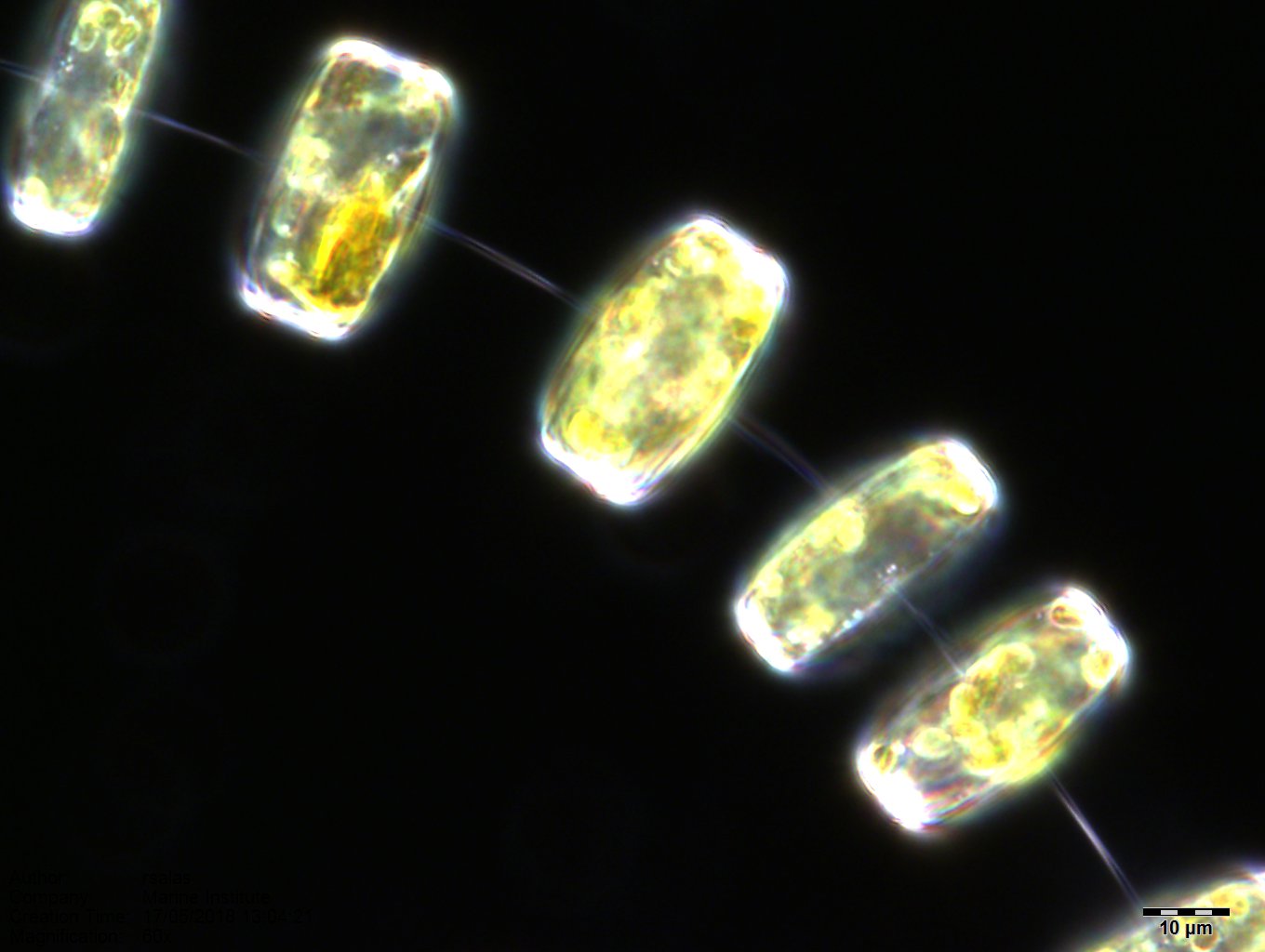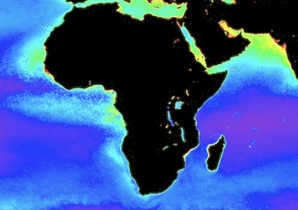year2022
Courses tagged with "year::2022"
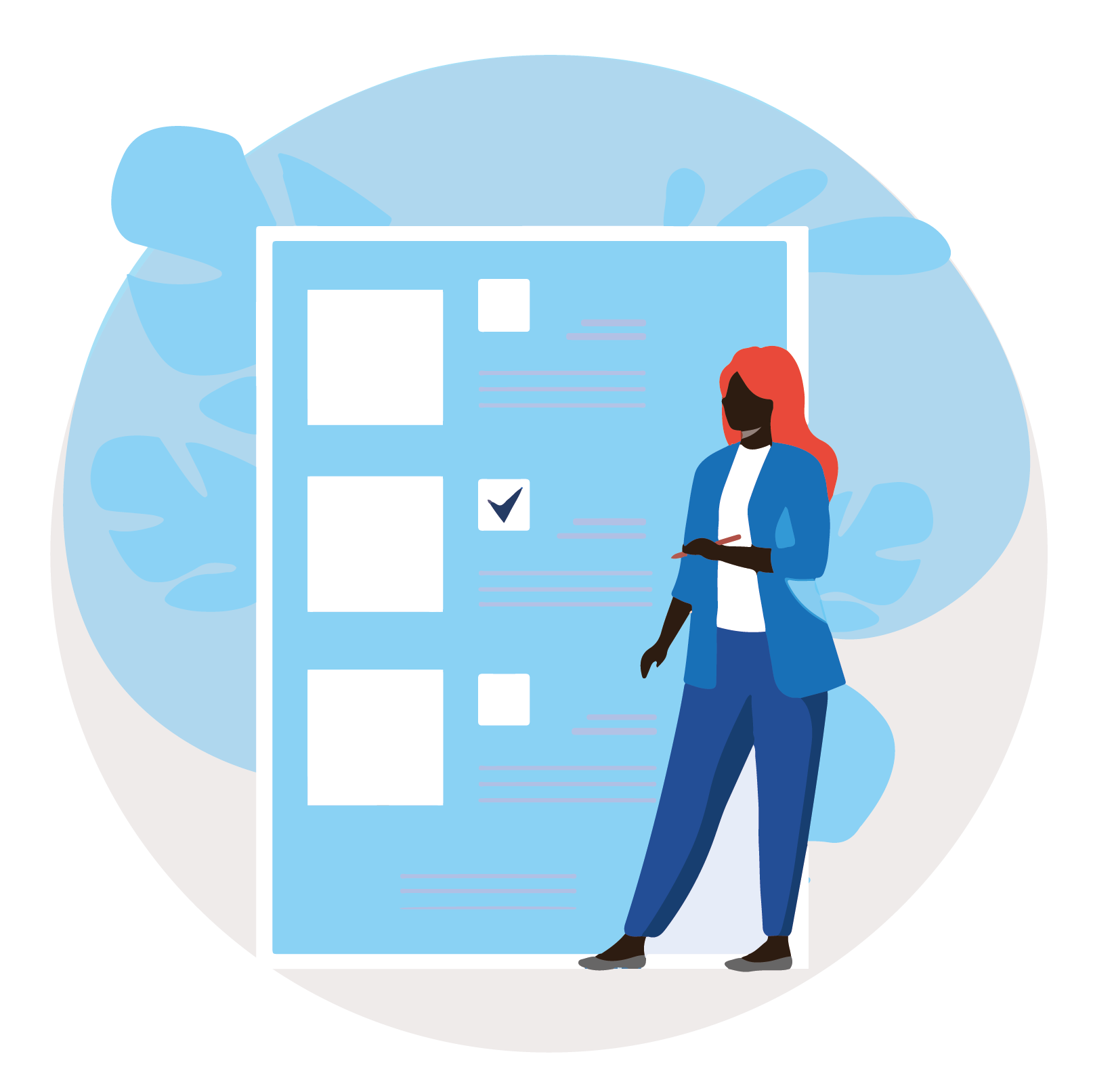
SP_OL_Gov2023
Mainstreaming Ocean Literacy in Governance (Self Paced)
The ocean provides numerous public benefits yet there is a pressing need to further mainstream Ocean Literacy in governance. Ocean Literacy (OL) is ‘the understanding of human influence on the Ocean and the Ocean’s influence on people’. This course will provide government officials with an overview of the importance of the Ocean. It will showcase the ocean as a source for development, present challenges and introduce tools and approaches for decision-making and governance regarding ocean sustainability.
This course will provide government officials with an overview of the importance of the Ocean. It will showcase the ocean as a source for development, present challenges and introduce tools and approaches for decision-making and governance regarding ocean sustainability.
This is a self-taught course that includes presentations, references and quizzes designed to help learners assess their own learning at regular intervals. In order to successfully complete the course and receive a Certificate, it is a requirement to complete all quizzes ((unlimited attempts allowed).
To enrol, please register on the OceanExpert website (www.oceanexpert.org).
Once your OceanExpert account is Approved, you can self-enrol in the
course. If you already have an OceanExpert account, you can self-enrol
in the course using your OceanExpert user name and password.
The enrolment key is Ol**2024
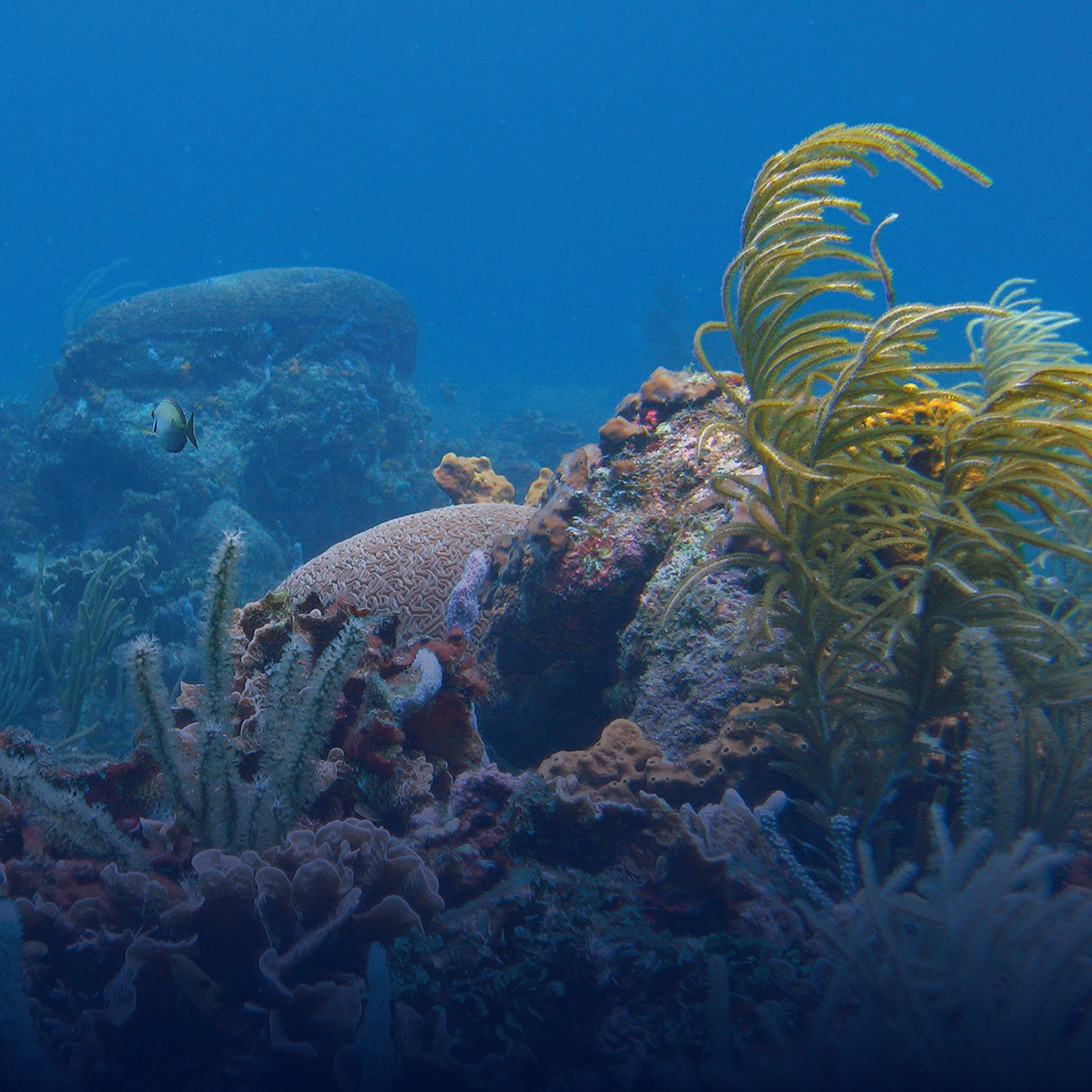
AMP2022ES
Áreas Marinas Protegidas 2022
El curso brinda un contexto sobre las Áreas Marinas Protegidas - AMP a
nivel global, su importancia, su situación para Latinoamérica y frente a
amenazas como el cambio climático, en el marco del CDB, Marco de
Biodiversidad Post 2020, los objetivos de Desarrollo Sostenible 13 y 14 y
el Decenio de las ciencias oceánicas. Abarca los temas de bases
conceptuales sobre áreas marinas protegidas, planeación, manejo,
gobernanza, monitoreo y desarrollo de estrategias para el desarrollo de
actividades sostenibles al interior de las AMP, adaptación al cambio
climático, entre otros. Busca también una retroalimentación por parte de
todos los estudiantes de acuerdo con sus experiencias y entrenamiento
adquirido en temas de conservación y manejo, para promover el desarrollo
de metodologías que orienten hacia el manejo efectivo de las AMP.
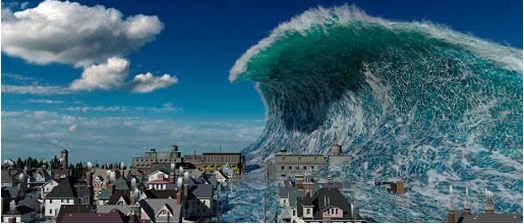
TCP_2022
Training on Tsunami Community Preparedness
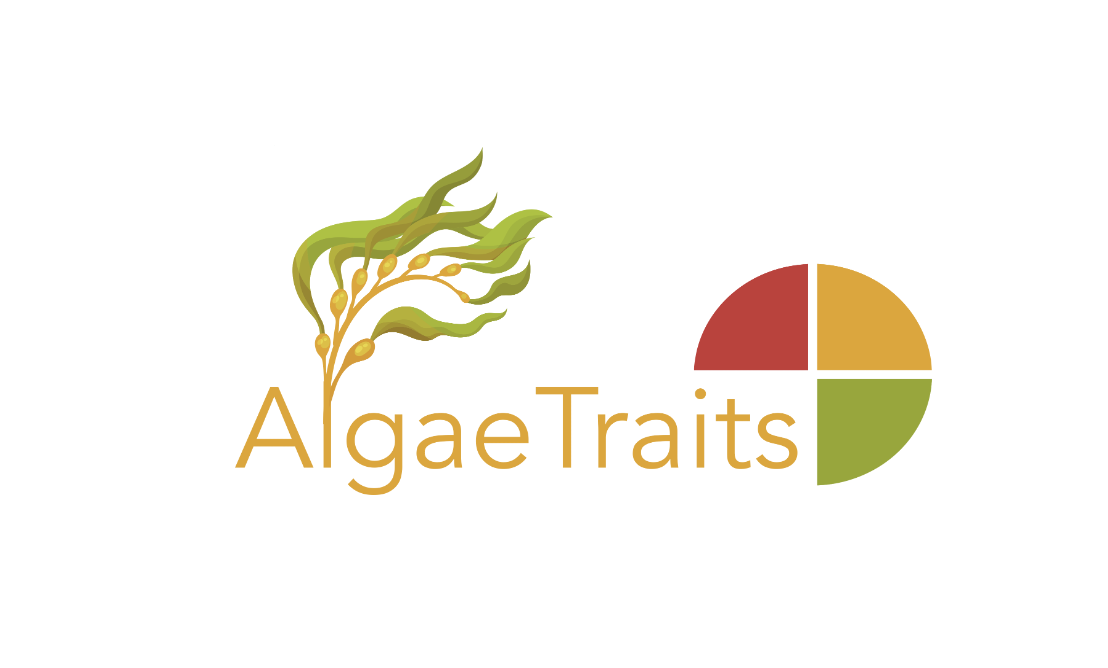
MAT_2022
AlgaeTraits: a trait database for (European) seaweeds
Through the online AlgaeTraits portal, editors have access to the Aphia platform (the database behind WoRMS) to add new traits and related non-taxonomic information, and to make changes to already existing records. With this course, the AlgaeTraits editors will become more at ease with the online AlgaeTraits editing interface and will learn how to use the available functionalities and tools to standardize their actions and improve the AlgaeTraits and WoRMS databases.
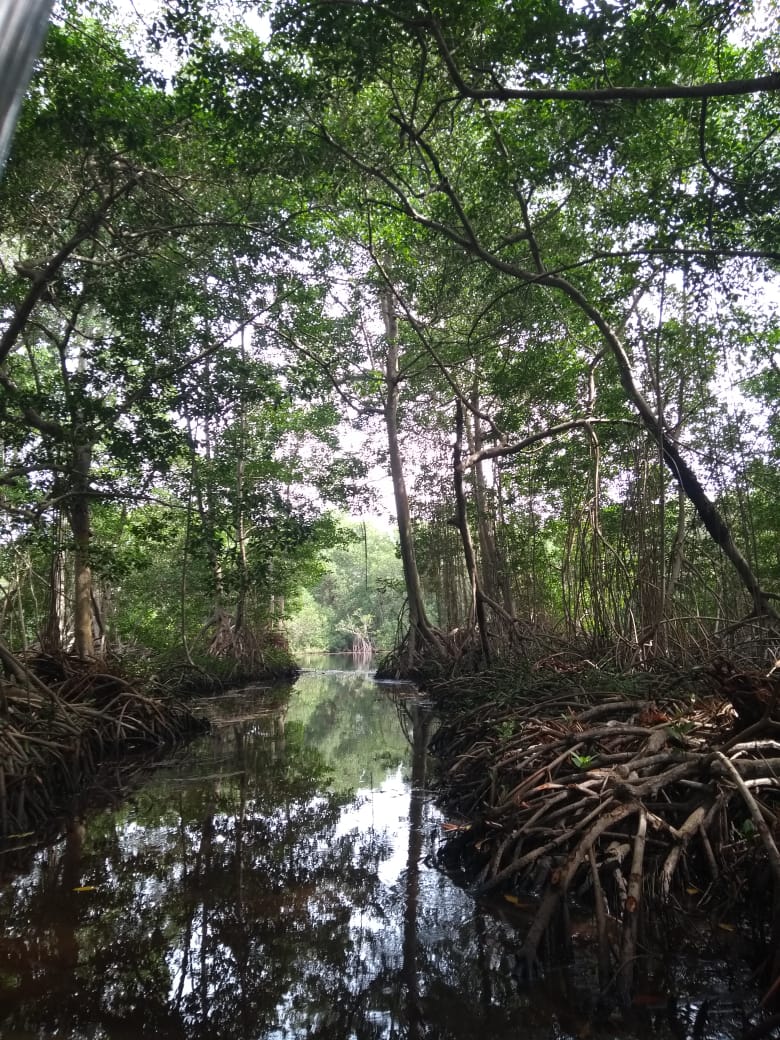
CC2022ES
Cambio Climático: Carbono Azul y adaptación basada en ecosistemas marinos y costero 2022
El curso busca sentar las bases respecto a los conceptos y prácticas relacionadas con carbono azul (mitigación – captura de CO2) y adaptación en ecosistemas marinos y costeros, en el marco de la convención de cambio climático, el plan estratégico Ramsar 2016 – 2024 y los objetivos de Desarrollo Sostenible 13 y 14. Busca también una retroalimentación e intercambio de experiencias por parte de todos los participantes de acuerdo a sus conocimientos y lecciones aprendidas en temas de conservación y manejo de ecosistemas marinos y costero o planificación de usos en el territorio.

Carbonatos2022ES
Curso regional de capacitación y entrenamiento sobre medición del sistema de carbonatos para la evaluación del indicador de acidez media del mar (ODS 14.3.1) 2022
El curso proporcionará los conocimientos y las herramientas a técnicos de la región en y análisis químico de acidez, alcalinidad total y carbono inorgánico disuelto de las aguas costeras, siguiendo un protocolo estandarizado en la región para el reporte del indicador 14.3.1 del ODS 14.
El curso proporcionará los conocimientos y las herramientas necesarias para que los técnicos y encargados del informe del indicador ODS 14.3.1., puedan realizar el reporte siguiendo el protocolo estandarizado de UNESCO-COI.
Se busca que los participantes intercambien experiencias, conocimientos y lecciones aprendidas en los procesos analíticos de laboratorio, cálculo, informe e interpretación del indicador 14.3.1.A nivel regional el Curso busca consolidar la Red de Investigación de Estresores Marinos - Costeros en Latinoamérica y El Caribe - REMARCO en la medición del sistema de carbonato.
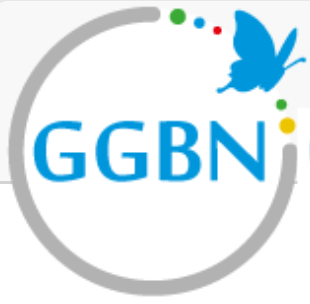
GGBN_2022
Data management and publication through the Global Genome Biodiversity Network (GGBN)
The training course provides an introduction to (genetic) data management and publication through the Global Genome Biodiversity Network (GGBN), as well as an introduction to the GGBN and the use of its data portal, the data standards and several case studies from Latin American institutions that have published data from different types of collections through the GGBN. The course purpose is to give the necessary foundations to professionals from Latin America to use the GGBN data infrastructure for publishing and giving visibility to the information they preserve.

DLEPC2022ES
Determinación del Límite Exterior de la Plataforma Continental 2022
Curso teórico-práctico en línea que aborda los aspectos científicos, técnicos y jurídicos necesarios para determinar el límite exterior de la plataforma continental.
El objetivo del curso es proveer los conocimientos necesarios para proceder al establecimiento del límite exterior de la plataforma continental de acuerdo al artículo 76 de la Convención de Naciones Unidas sobre el Derecho del Mar (CONVEMAR) y la elaboración de la presentación ante la Comisión de Límites de la Plataforma Continental (CLPC). Se analizarán los aspectos jurídicos, científicos y técnicos involucrados. Se transmitirá la experiencia de la Argentina, tanto en el proceso de preparación como en la etapa de análisis de la presentación por parte de la CLPC.
Más información incluso como postular-se en https://oceanexpert.org/event/3537

DLEPC2022EN
Determination of the outer limit of the continental shelf
The objective of the course is to provide the necessary knowledge to proceed with the establishment of the outer limit of the continental shelf in accordance with Article 76 of the United Nations Convention on the Law of the Sea (UNCLOS) and the preparation of the submission to the Commission on the Limits of the Continental Shelf (CLCS). The legal, scientific and technical aspects involved will be analysed. Argentina's experience, both in the preparation process and in the analysis stage of the submission by the CLCS, will be transmitted.

FishMan_2022
Earth Observation data and techniques for fisheries management
Fishing vessel traffic data derived from Automatic Identification System (AIS) has become an essential component for building fisheries intelligence. Enforce and related fisheries management strategies rely on such information to curb illegal fishing, plan and implement policies for the sustainability of marine living resources.
Fisheries managers and enforcers require specialized skills to processes the large volume of positional, navigational and voyage related information embedded in AIS data. Open-source programming software such as Python has lots of third-party modules for building packages and functions. This makes Python an asset for the creation of customized data processing, analyses and visualization to support in making informed decisions in the management of natural resources.
This training course will provide participants an understanding of the movement of fishing vessels and skills in processing AIS data.
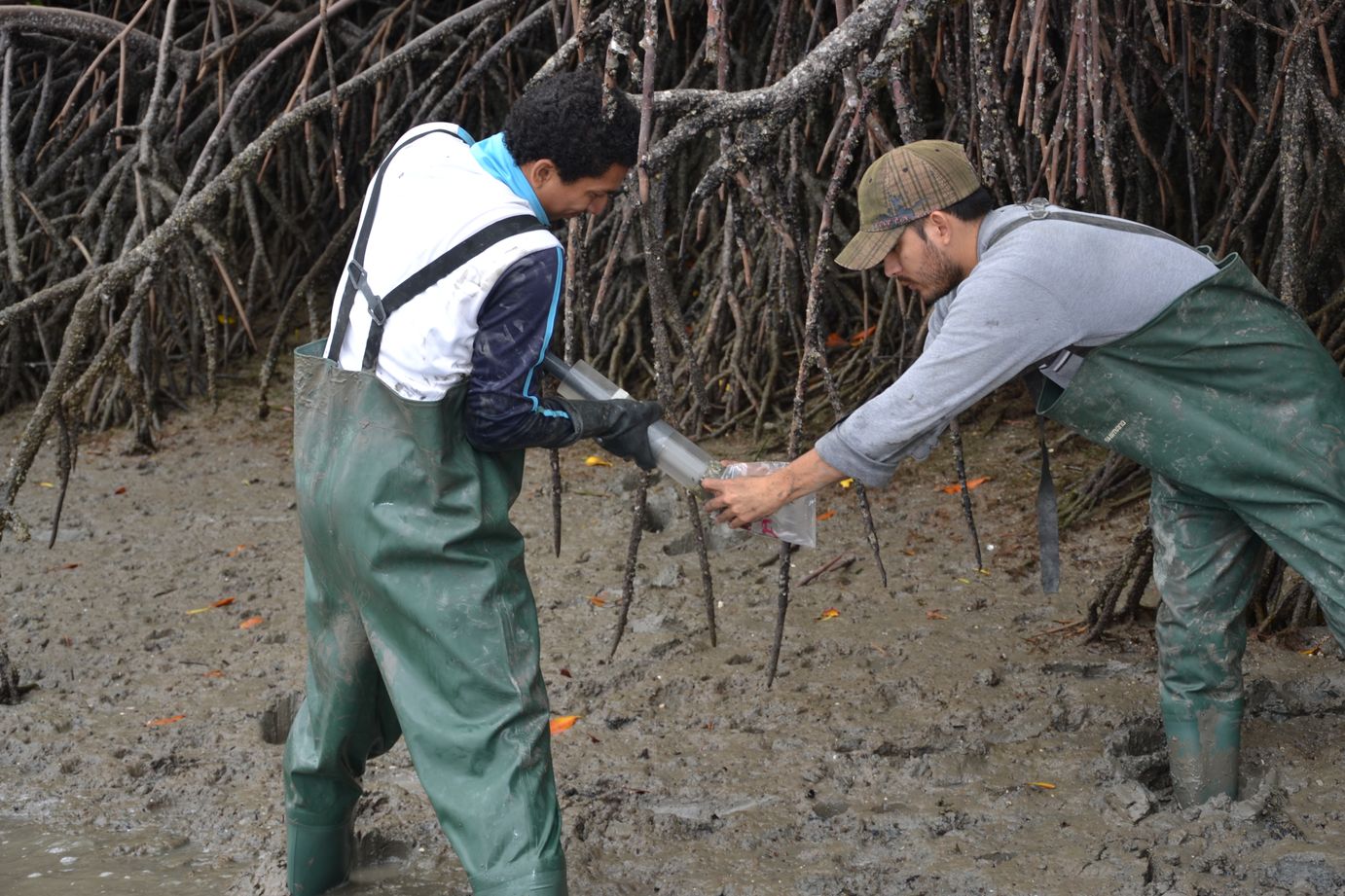
Estuarios2022ES
Estuarios tropicales: metodologías y herramientas para un manejo sostenible
El curso de estuarios tropicales se enfocará en el estudio de los procesos que generan los principales servicios ecosistémicos a la sociedad, y como los efectos del cambio climático pueden afectarlos, a través de la aplicación de herramientas para su observación y análisis.
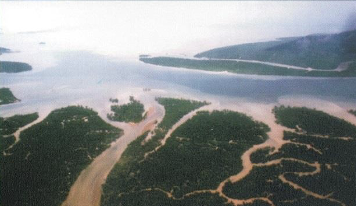
HAB_PI2022
Introduction to identification of Harmful Algal Bloom Species (Pacific Islands)
HAB course for the Pacific Islands
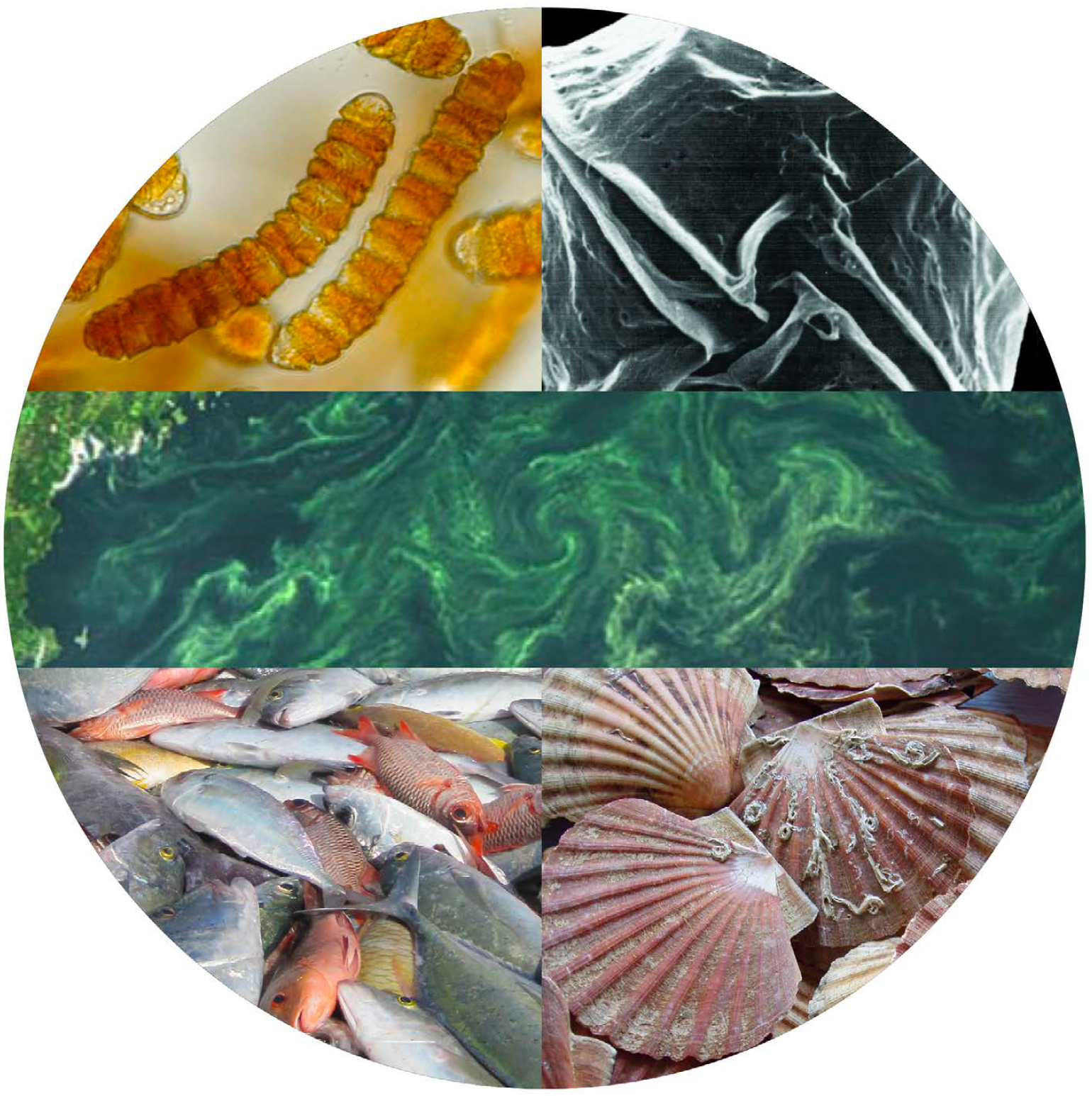
HAB_SA2022
Introduction to identification of Harmful Algal Bloom Species (Southern Africa)
HAB course for South Africa and Namibia

PacMAN eDNA 2022
Marine Invasive Species Early Detection: Utilising Molecular Tools
This training course will provide and introduction to sample collection and sorting, including taxonomy and processing for DNA extraction, eDNA and qPCR analyses, as well as a quick guide on the use of the bioinformatics for sequence analysis to in-country (Fiji) managers and technical staff.
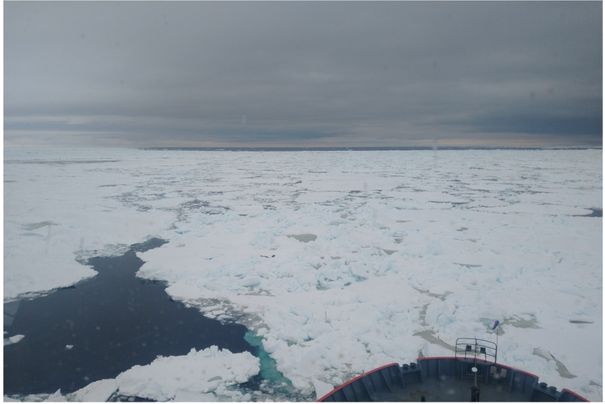
SEAICE2022ES
Observador de Hielo Marino y Témpanos 2022
Las observaciones de hielo marino y témpanos son una fuente de información sobre lugares remotos como las regiones polares y son de gran utilidad para la cartografía de hielo y la validación de estudios climáticos.
Este curso está diseñado para certificar la capacidad de los observadores en aguas polares desde el proceso de formación del hielo marino hasta la realización de observaciones desde buques o estaciones utilizando el Sistema de Información Glaciología (SIGLAC). Además, se darán los conocimientos para la interpretación de cartas de hielo y otras herramientas para usos operativos.
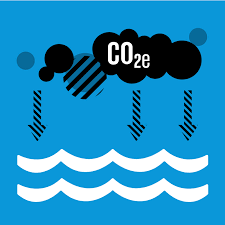
SP_OA2022
Ocean Acidification
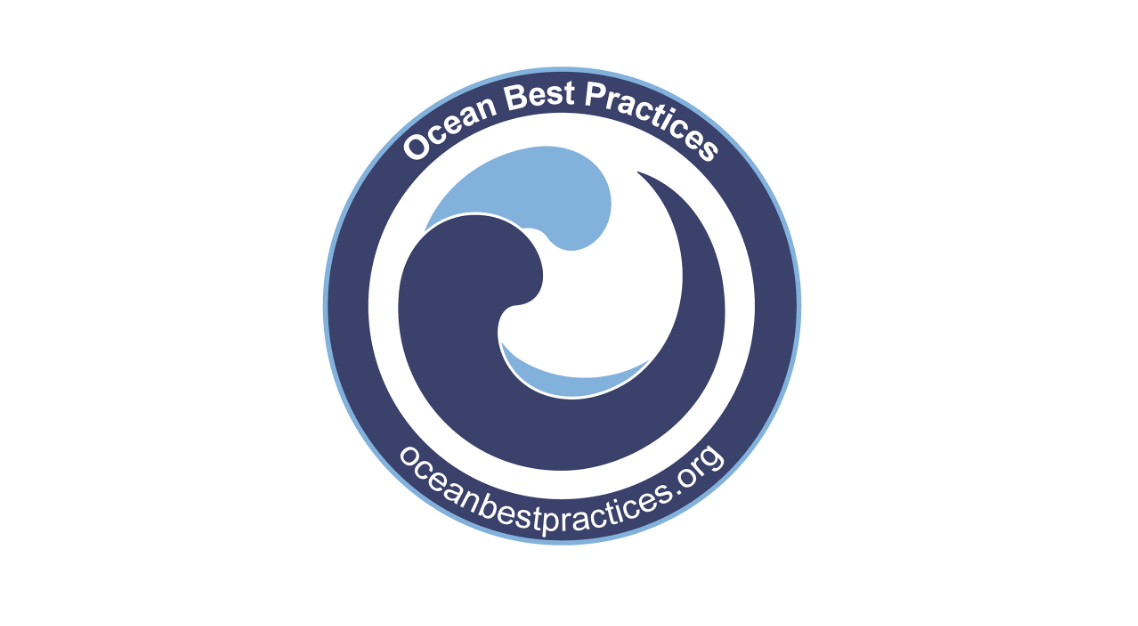
OBPS2022_ES
Ocean Best Practices Self-paced
This course is an introduction to the Ocean Best Practices System. A
best practice is a methodology that has repeatedly produced superior
results relative to other methodologies with the same objective; to be
fully elevated to a best practice, a promising method should be adopted
and employed by multiple organizations.
This short course provides an
overview of the importance and relevance of using and sharing Ocean Best
Practices and Standards, as well as on how to create, submit, share and
search for Best Practices in the Ocean Best Practices System (OBPS)
repository. This course is intended for University students, researchers
and ocean practitioners in general. It does not provide a certificate.
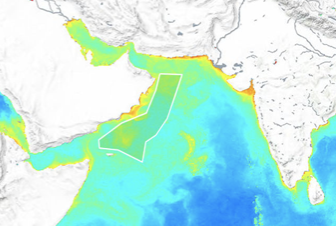
OCRS_India2022
Ocean Colour Remote Sensing - Data, Processing and Analysis
Ocean colour analysis is a proven tool for determining the health of
ocean using oceanic biological activity through optical means. Phytoplankton
pigment, chlorophyll, are indicators of equilibrium of CO2
concentration between atmosphere and ocean. The oceanic colour changes due to chlorophyll
a provides the level of primary productivity whereas the colour change due to
CDOM can be attributed to the level of pollution and higher particulate matter.
The ability of optical sensors to map the spatial and temporal patterns of
ocean colour over regional and global scales has provided important insights
into the fundamental bio-optical properties and bio-physical processes
occurring in the aquatic media. Chlorophyll, SST and PAR can be operationally
scaled up to estimate primary production and estimate the fish stocks. This
training focuses on the basics of marine optics, ocean colour remote sensing,
and its applications such as mapping primary productivity, phytoplankton
classes and algal blooms.

